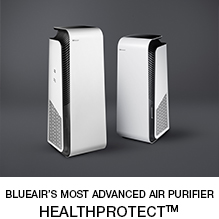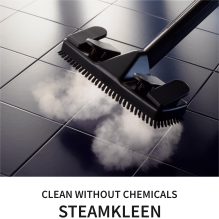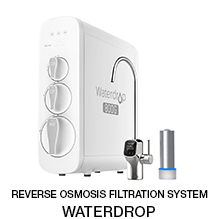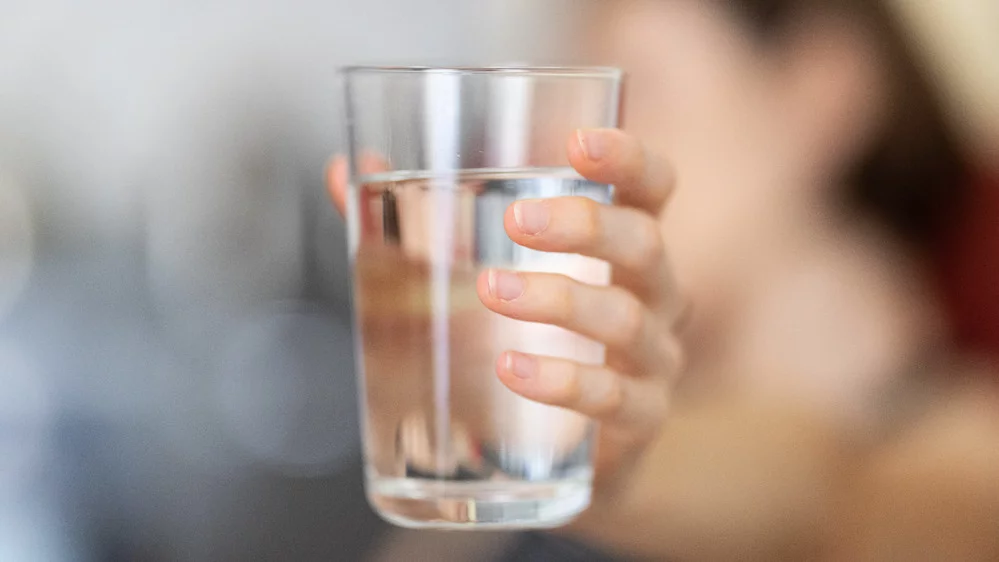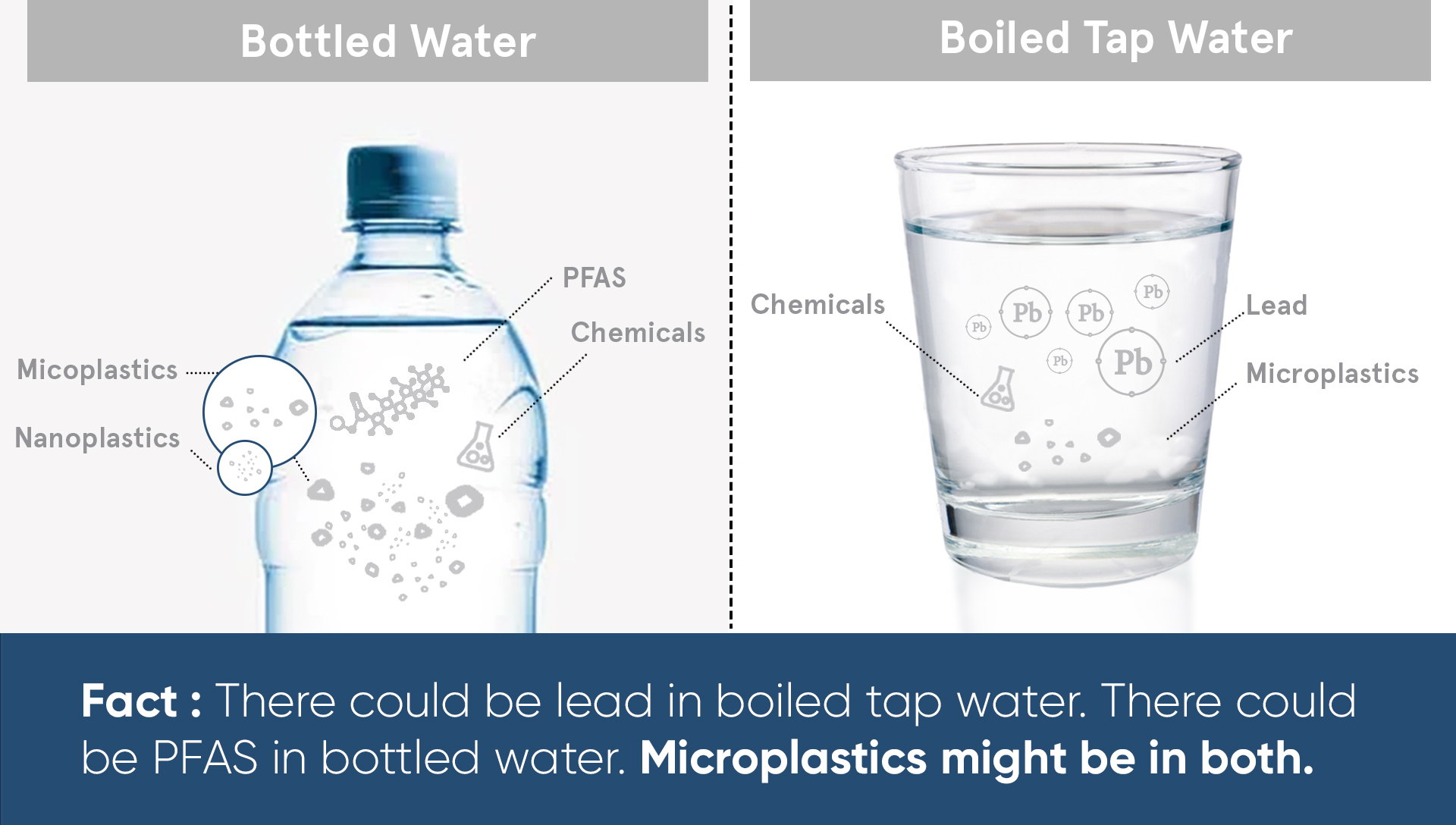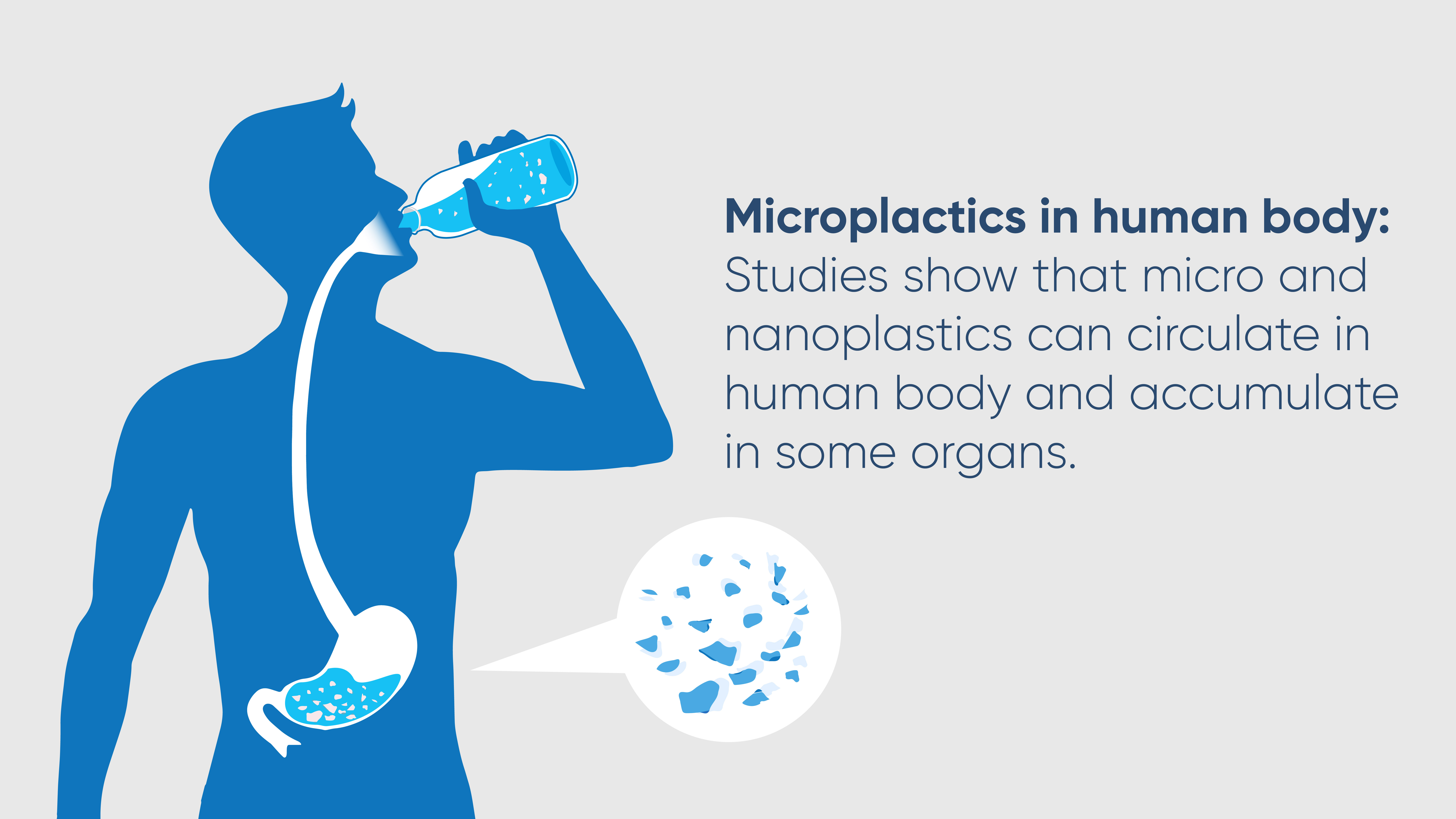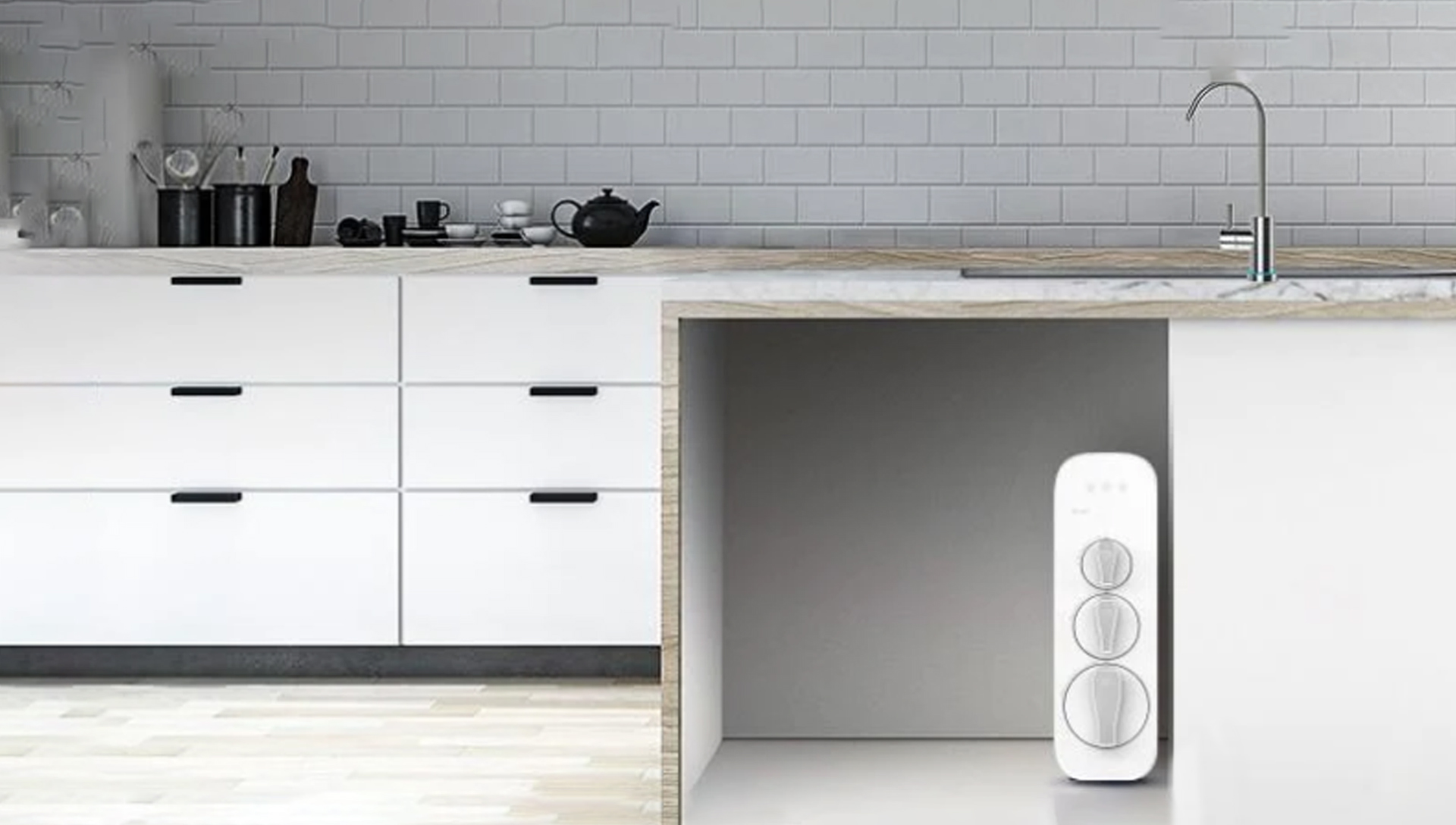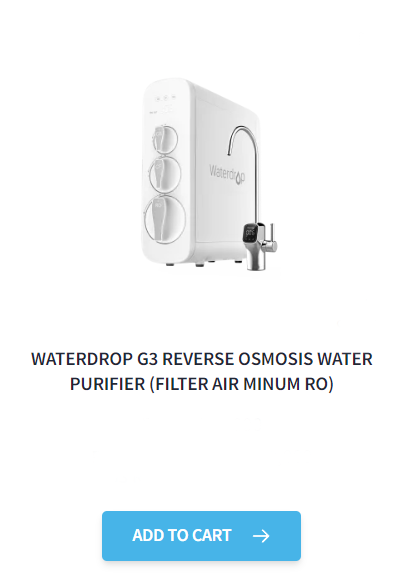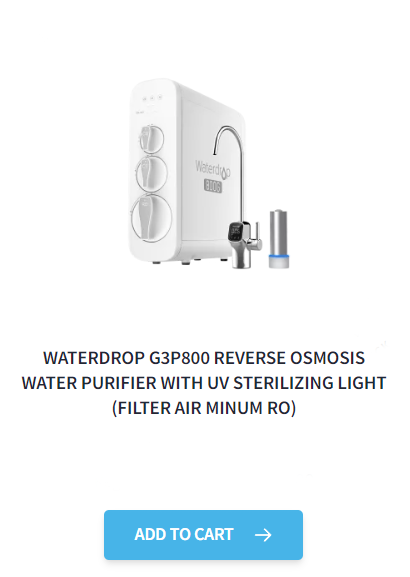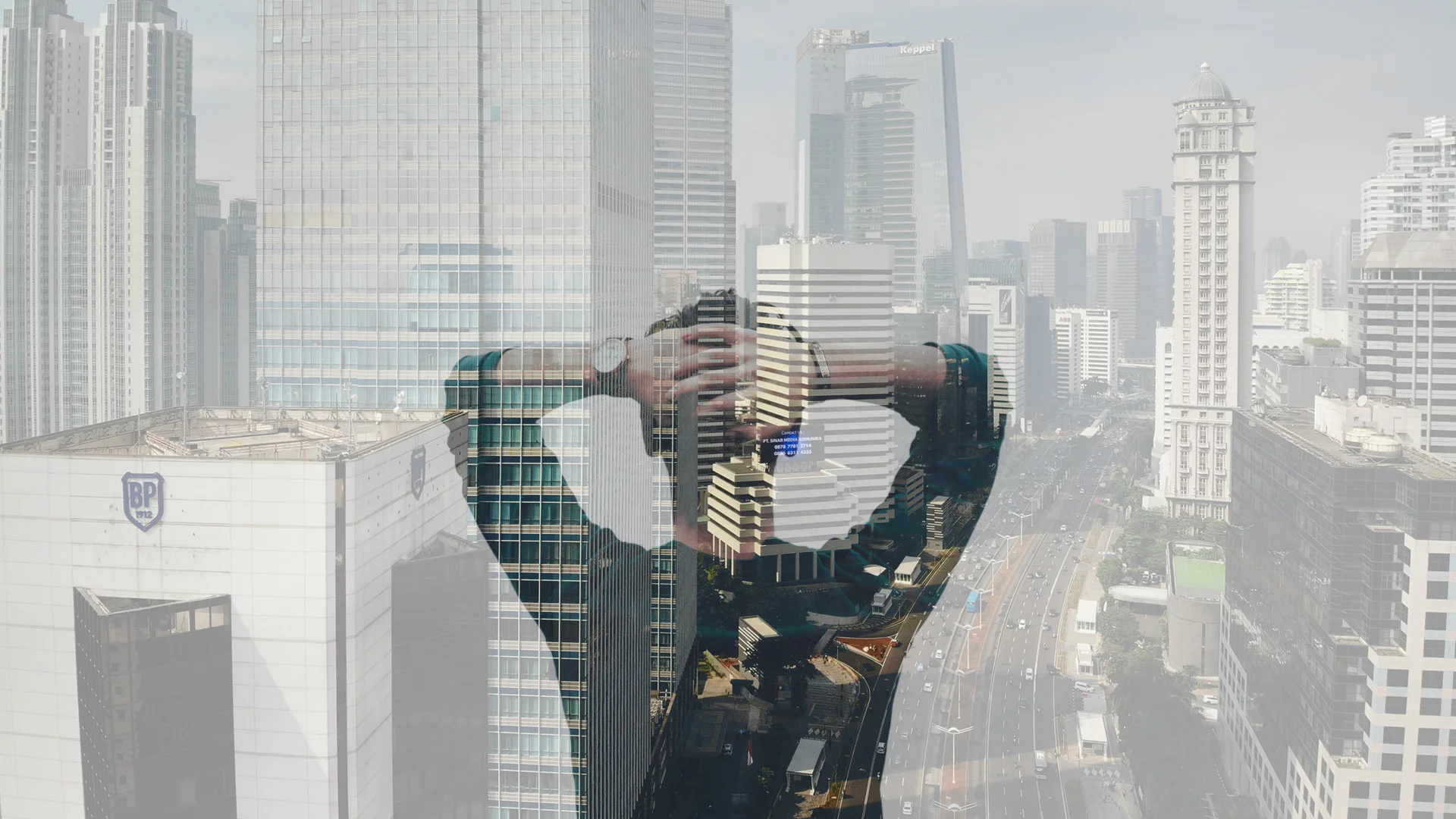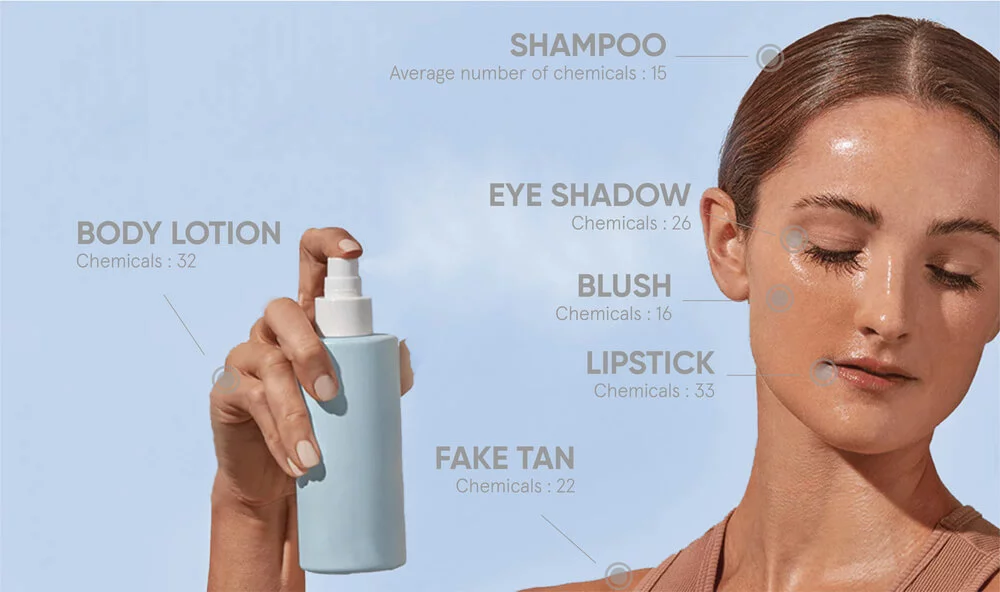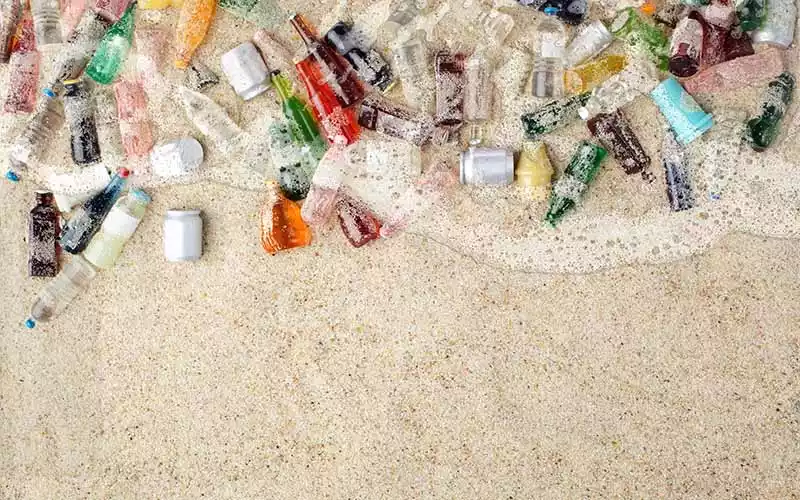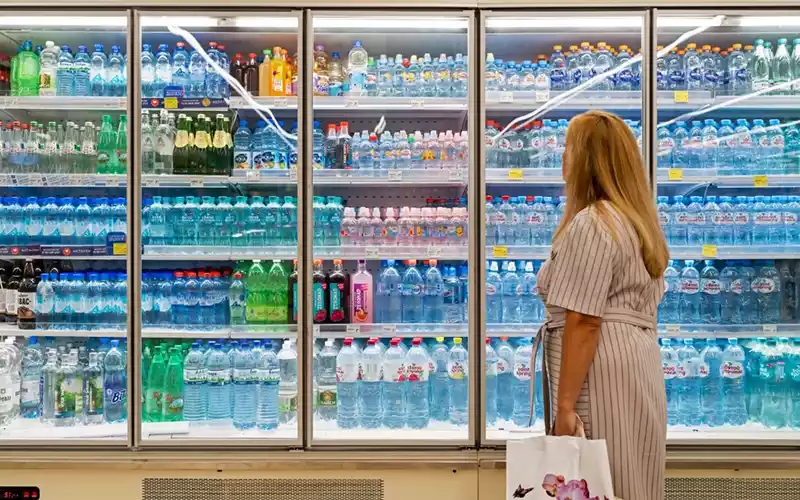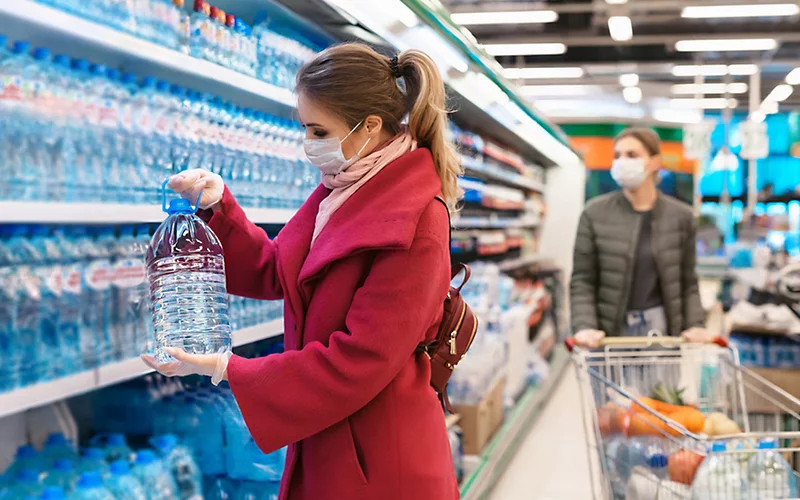In the island nation of Indonesia, where crystal-clear waters abound, the irony is stark – the quest for safe drinking water has become a daunting challenge. The age-old practice of boiling tap water, often seen as a remedy for potential contaminants, is now under scrutiny due to the perilous presence of toxic metals like lead leaching from aging distribution pipes. On the flip side, the seemingly safer alternative, bottled water, comes with its own set of alarming revelations as studies unveil the hidden dangers lurking within.
|
For Indonesians, the risks associated with boiling tap water become more pronounced in the face of the country's aging infrastructure. The potential health hazards posed by lead contamination are a genuine concern, urging citizens to reconsider the traditional approach of rendering tap water safe through boiling. Enter the paradox of bottled water – once perceived as a refuge from the uncertainties of tap water, it now emerges as a double-edged sword. Numerous studies have shown that bottled water may not be the pristine elixir it is marketed to be. Microplastics, nanoplastics (PET), and forever chemicals such as PFAS have infiltrated this seemingly safe haven, with concentrations far exceeding previous estimations. |
These revelations echo a global sentiment, but the implications for Indonesia are particularly significant given the prevalent reliance on bottled water as a primary source of hydration.
A recent study conducted by researchers from the University of Columbia underscores the extent of the issue, stating that the average bottle of water contains a staggering 240,000 pieces of cancer-causing nanoplastics – a revelation that surpasses previous estimates by a staggering factor of 100. Embracing a Safer Alternative So, where does this leave Indonesians in their pursuit of safe drinking water? Boiling tap water, once a trusted method, now carries the risk of introducing toxic metals. Bottled water, often perceived as a safer alternative, reveals itself to be a potential source of microplastics, nanoplastics and hazardous chemicals.
Fear not; there is a solution that promises safe and clean drinking water for every Indonesian household. Consider investing in a home-installed water filtration system, such as the Waterdrop G3 Reverse Osmosis System. This advanced technology ensures the removal of contaminants, providing a reliable source of clean water right from your tap. For those looking for a more budget-friendly option, the Waterdrop Chubby filtered water pitcher is an excellent choice. This pitcher can be used to filter water sourced from gallons or bottled water, further reducing contaminants and offering a convenient solution for households. As we confront water safety challenges, the path to a healthier, safer and tastier water supply requires individuals to take matters into their own hands. By implementing the appropriate filtration systems, you can experience the peace of mind that accompanies a clean and healthy drinking water. |

